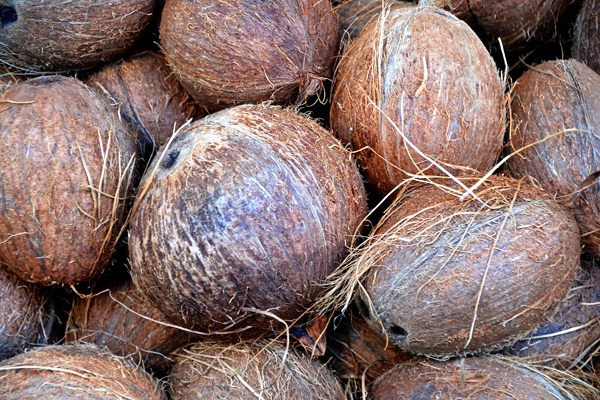The recent coconut boom and pending international deal are threatening to have Malaysia's approved permit system (AP) reformed as the country opens further to international trade.
The permit system that governs cross-border traders was first implemented in the 70s to encourage the majority of Malays (Bumiputera) to participate in industries which were then dominated by the ethnic Chinese.
Permits now belong to more than 5,000 products ranging from fruit to waste plastic.
Malaysian licensing regime for imports and exports is becoming a threat especially when the country is looking at signing a deal on two regional trade pacts before the end of 2019.
Critics are saying that the lack of transparency and objectivity are the culprits that make this permit system biased.
Permits have been known to get handed out on a discretionary basis with little oversight.
Likewise, Malaysia's approved permit system had always been seen as a way to enrich ethnic Malays and other business people with ties to the nation's former ruling coalition, Barisan Nasional.
Last November, Deputy Minister for International Trade and Industry Ong Kian Ming said there are no plans to abolish the system but officials would review it instead.
Since then, Ong went on to issue 36 new APs to Bumiputera entrepreneurs to import reconditioned cars.
Ong explained the criteria for the latest permits but still disappointed trade specialists because it fell short of greater transparency.
Supporters of the AP system say this system ensures high standards in strategic sectors, particularly those that concern public security like food and other essential goods.
Though the Ministry of International Trade and Industry is the one in charge, 14 ministries control the APs issuance.
Cars have become the poster child for the AP system including exports of waste paper and imports of batik-dyed cloth.
AP holders receive a degree of protection and also a healthy profit channel from their permits.
Now, Malaysian coconuts are threatening the AP system.
Coconuts are an integral part of the country's agricultural economy.
Imports of coconuts reached as high as 30 million from 2015 onwards.
Industry talks placed the blame on the former government for allegedly handing out too many APs before last year's elections.
Agriculture Minister Salahuddin Ayub assured the coconut community that "the import volume was still within the APs' approved limit."
The imbalance of high imports got labeled isolated but improvements in procedures and inspections were promised.
The AP system had also been responsible for imports of waste companies both licensed and illegal.
In March, Ong said that his ministry "continues to push for greater transparency" and requested complaints about the AP to be directed to a government hotline.






